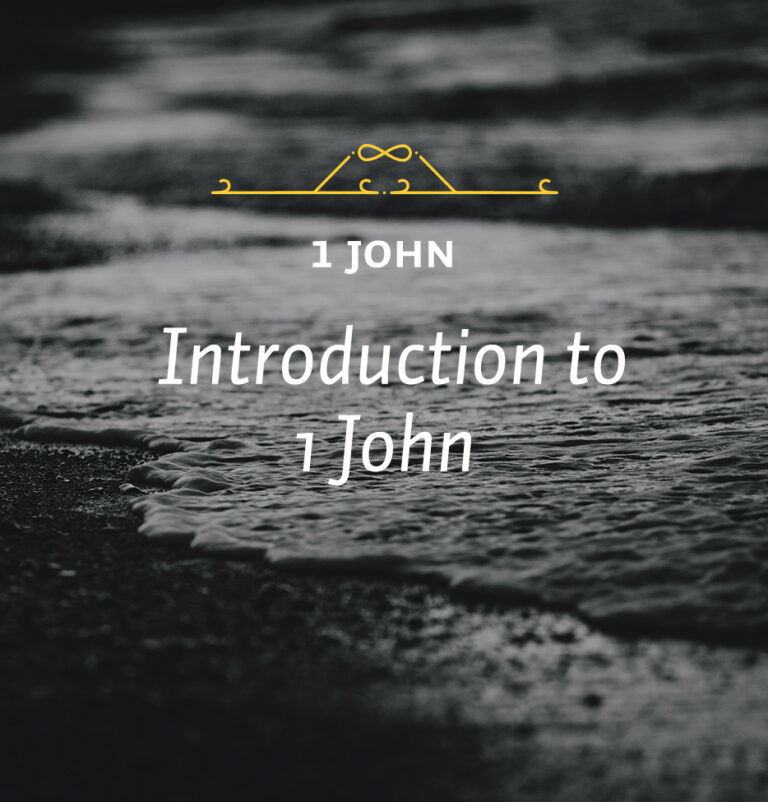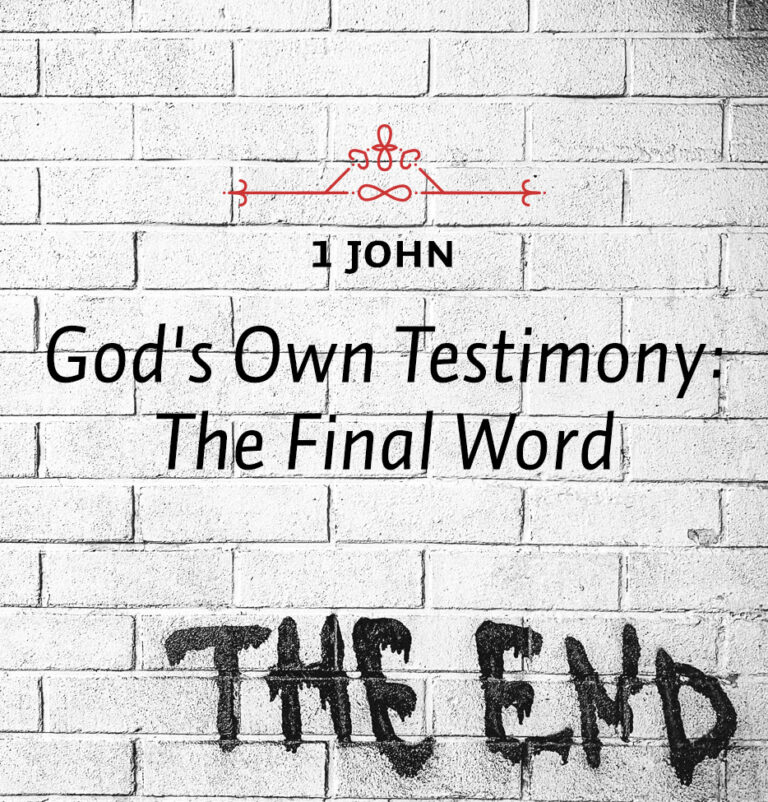
Monday: Christian Assurance
I want to begin a brief but entirely new series of studies of 1 John. And to begin with I want to look at the purpose for which 1 John was written. It is possible to read a book without understanding the purpose for which it was written. Indeed, much reading is done on this level by many persons. But it is not possible to study a book without dealing with this primary question.




